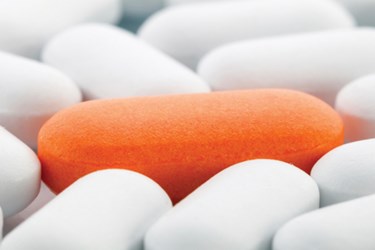EC Grants Raptor's Huntington's Disease Drug Orphan Designation

Raptor Pharmaceutical, a global biopharmaceutical firm developing therapeutics for rare diseases, announced that the European Commission has approved its application of orphan drug designation for RP103’s active ingredient cysteamine bitartrate for the treatment of Huntington’s disease.
RP103 is a delayed release cysteamine bitartrate capsule intended to treat patients with early-stage Huntington’s disease. The approval was supported by positive results from the ongoing CYST-HD clinical trial in which RP103 significantly slowed down progression of Total Motor Score (TMS) in patients who took RP103 compared to placebo.
"We are very encouraged by these trial results and we believe that the significant slowdown of loss of muscle control in these early stage patients indicates that RP103 is potentially effective at slowing the progression of Huntington's disease,” said Dr. Christophe Verny, lead investigator for the trial and Chief of Neurology Department at CHU d'Angers.
The Committee for Orphan Medicinal Products (COMP) of the European Medicines Agency (EMA) also gave a positive opinion for the drug last month.
The European Commission’s Orphan Medicinal Product designation brings various regulatory and financial incentives for sponsor companies. Dr. Christopher M. Starr, CEO of Raptor, said, “This designation is an important milestone as Raptor moves through the regulatory process for the potential approval of RP103 as a treatment for Huntington's disease in the EU. Orphan designation provides the company with 10 years of marketing exclusivity in the EU after the Marketing Authorization Application approval.” Dr. Starr said that the designation builds up the company’s proprietary position in the EU.
Huntington’s disease is a rare, hereditary, progressive neurological disease that often ends in death within 15 to 20 years following diagnosis. The disease causes neuronal degeneration in the basal ganglia and cerebral cortex resulting in chorea, neuropsychiatric symptoms, and dementia. HD might affect up to 18,000 to 30,000 in the U.S. alone.
